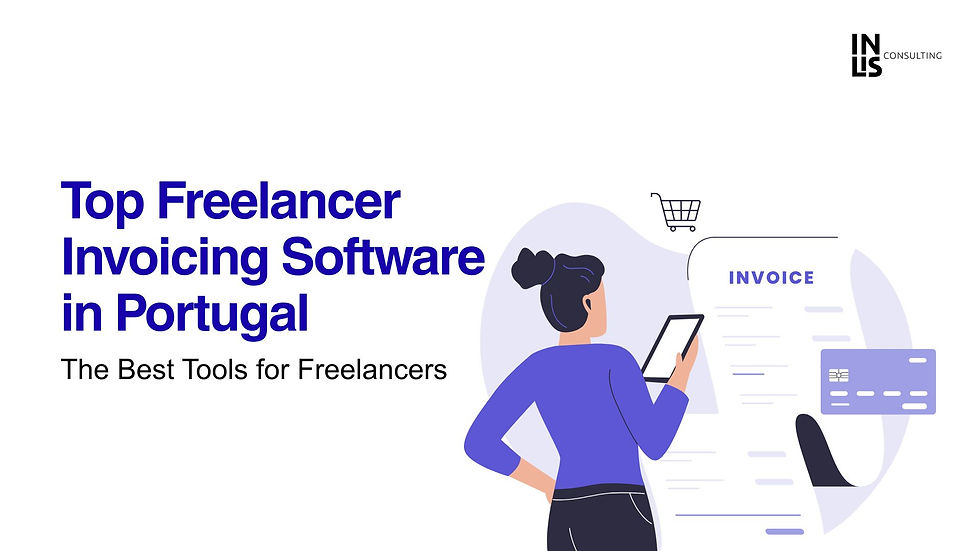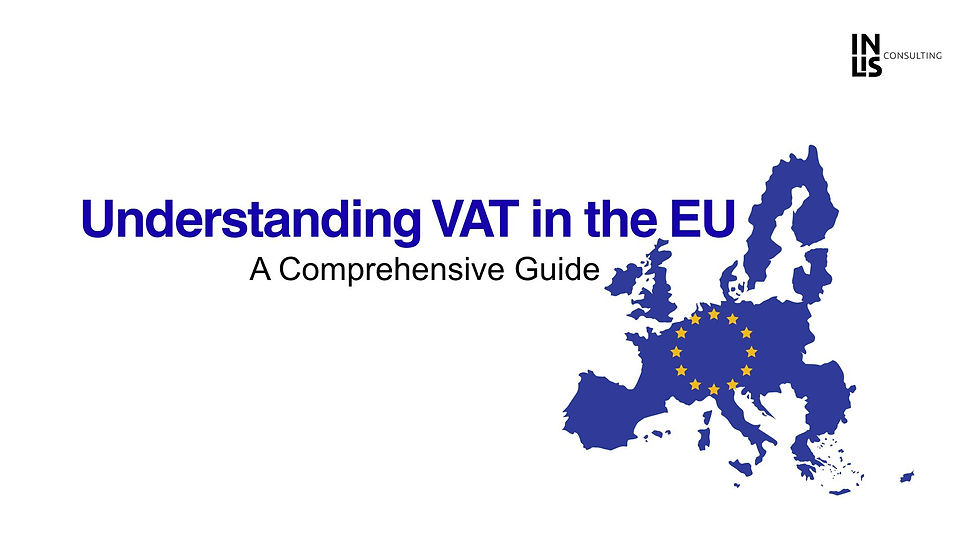How to Create an AI Policy for Your Accounting Firm
- INLIS Consulting
- Jul 18
- 2 min read
Accounting firms are using artificial intelligence (AI) more than ever. While AI brings efficiency and accuracy, it also introduces risks. This article explains how to build a clear AI policy for your accounting firm with simple steps and best practices.

Why Your Firm Needs an AI Policy
Artificial Intelligence (AI) is now common in accounting firms. It saves time, reduces errors, and improves decision-making. But without clear rules, AI can create risks like data leaks, compliance issues, and client mistrust. A written AI policy protects your firm and ensures ethical and legal use of AI.
1. What is an AI Policy?
An AI policy is a set of rules for how your team uses AI tools. It covers:
Which AI tools are allowed
How to protect client data
Who approves of AI-generated work
How to avoid bias and errors
2. Why AI Policy is Important
Keeps your firm compliant with privacy laws (GDPR)
Builds trust with clients by being transparent
Prevents misuse of public AI tools like ChatGPT for sensitive data
Protects your reputation and avoids legal risks
3. Steps to Create an AI Policy
Step 1: Form an AI Oversight Team
Include accountants, IT staff, and legal experts to monitor AI usage.
Step 2: List Approved Tools
Create a list of secure and GDPR-compliant AI tools.
Step 3: Data Security Rules
Never share real client data in free/public AI tools
Use encrypted and business-grade AI platforms
Step 4: Human Review is Mandatory
AI should assist, not replace human judgment. A qualified accountant must check AI outputs.
Step 5: Train Your Team
Provide training on ethics, privacy, and safe AI usage.
Step 6: Update Regularly
AI rules change fast. Review your policy every 6–12 months.
4. EU Policy on AI for Accounting and Legal Work
The European Union AI Act, approved in 2024, sets strict rules on AI use in sensitive areas like accounting and legal services.
Key points include:
Risk-Based Classification: High-risk AI (e.g., financial decisions, legal advice) must follow strict transparency and accountability standards.
Human Oversight: AI cannot fully replace human decision-making in accounting or legal work. Firms must ensure professional review.
Data Protection (GDPR): AI tools must respect EU data privacy laws. Storing or processing client data in unsafe systems is illegal.
Transparency Requirements: Firms must inform clients when AI is used in their work.
Audit and Documentation: Keep records of AI systems, usage logs, and decision-making processes to pass compliance checks.
By following these EU rules, accounting firms can avoid penalties and build trust.
5. Benefits of Having an AI Policy
Fewer Risks: Reduces the chances of data leaks or legal issues
More Efficiency: Automates repetitive tasks, freeing time for strategic work
Client Confidence: Shows you are modern and responsible
Quick Checklist for Your AI Policy
Action | Status |
Form AI committee | ✅ |
Approve safe tools | ✅ |
Add GDPR compliance rules | ✅ |
Train your team | ✅ |
Include human review | ✅ |
Final Thoughts
AI can transform accounting, but only if used correctly. A strong AI policy protects your firm, meets EU regulations, and gives your clients confidence.
Need help creating an AI policy for your accounting or legal firm? INLIS Consulting can help draft a compliant policy tailored to Portugal and EU regulations. Contact us today!




Comments